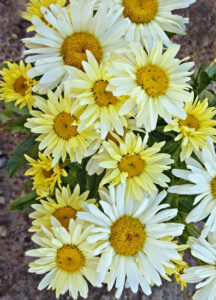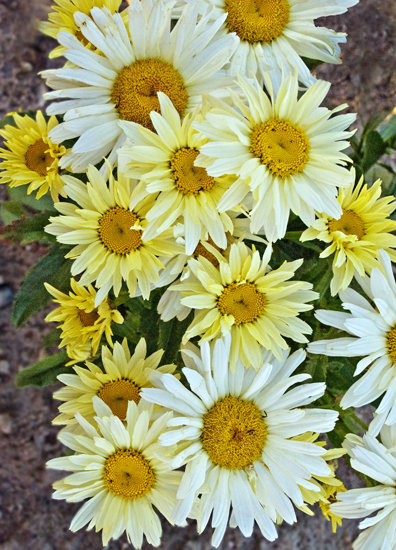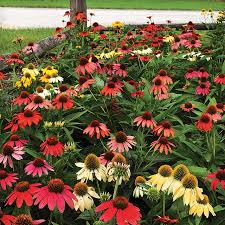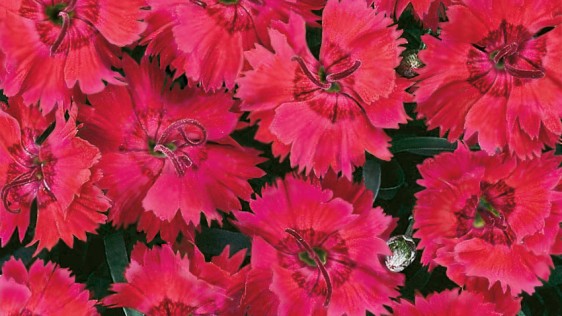Description
 Leucanthemum Banana Cream II
Leucanthemum Banana Cream II
Features
A superb selection with huge 4-5”, lemon yellow flowers which brighten to creamy white. Well-budded plants have an extra long bloom time in summer. A vigorous grower with disease resistant, dark green foliage. Nice in pots or in the garden.
Best Seller
Award Winner
Long Blooming
Attracts:
Butterflies
Characteristics
Duration: Perennial
Height Category: Medium
Garden Height: 15 – 18 Inches
Spacing: 18 – 24 Inches
Spread: 18 – 24 Inches
Flower Colors: Yellow
Flower Shade: Yellow
Foliage Colors: Green
Foliage Shade: Green
Habit: Upright
Container Role: Thriller
Plant Needs
Light Requirement: Sun
Maintenance Category: Easy
Bloom Time: Early Summer
Mid Summer
Late Summer
Hardiness Zones: 5a, 5b, 6a, 6b, 7a, 7b, 8a, 8b, 9a, 9b
Water Category: Average
Soil Fertility Requirement: Average Soil
Soil PH Category: Neutral Soil
Uses: Container
Landscape
Uses Notes:
Best used in landscapes.
Maintenance Notes:
This perennial grows best in full sun and average to fertile soils. Good drainage is essential for overwintering and best growth. Afternoon shade is beneficial in warm climates.
Amazing Daisies® ‘Banana Cream’ Leucanthemum superbum USPP 23,181, Can 4,203




Reviews
There are no reviews yet.